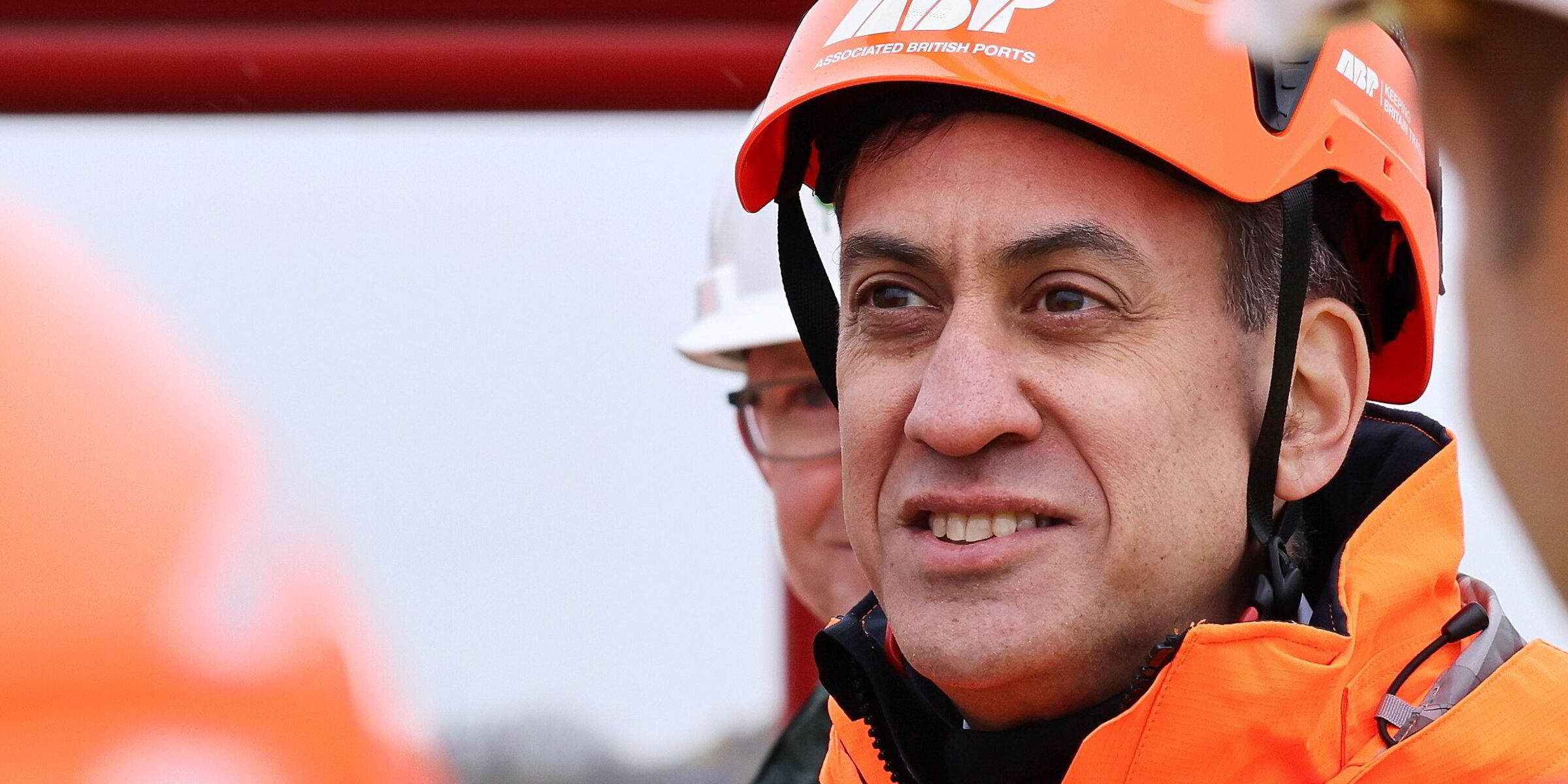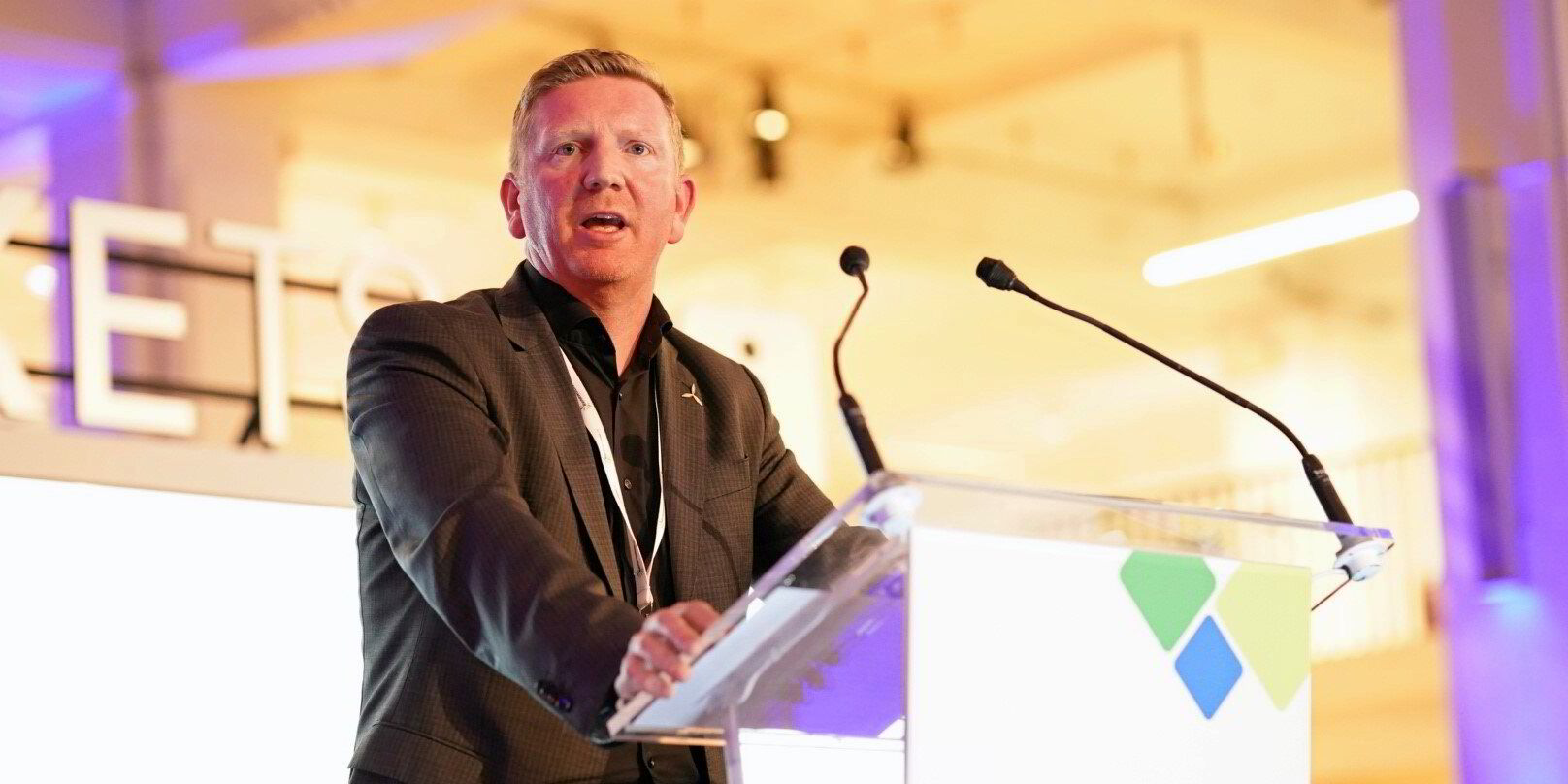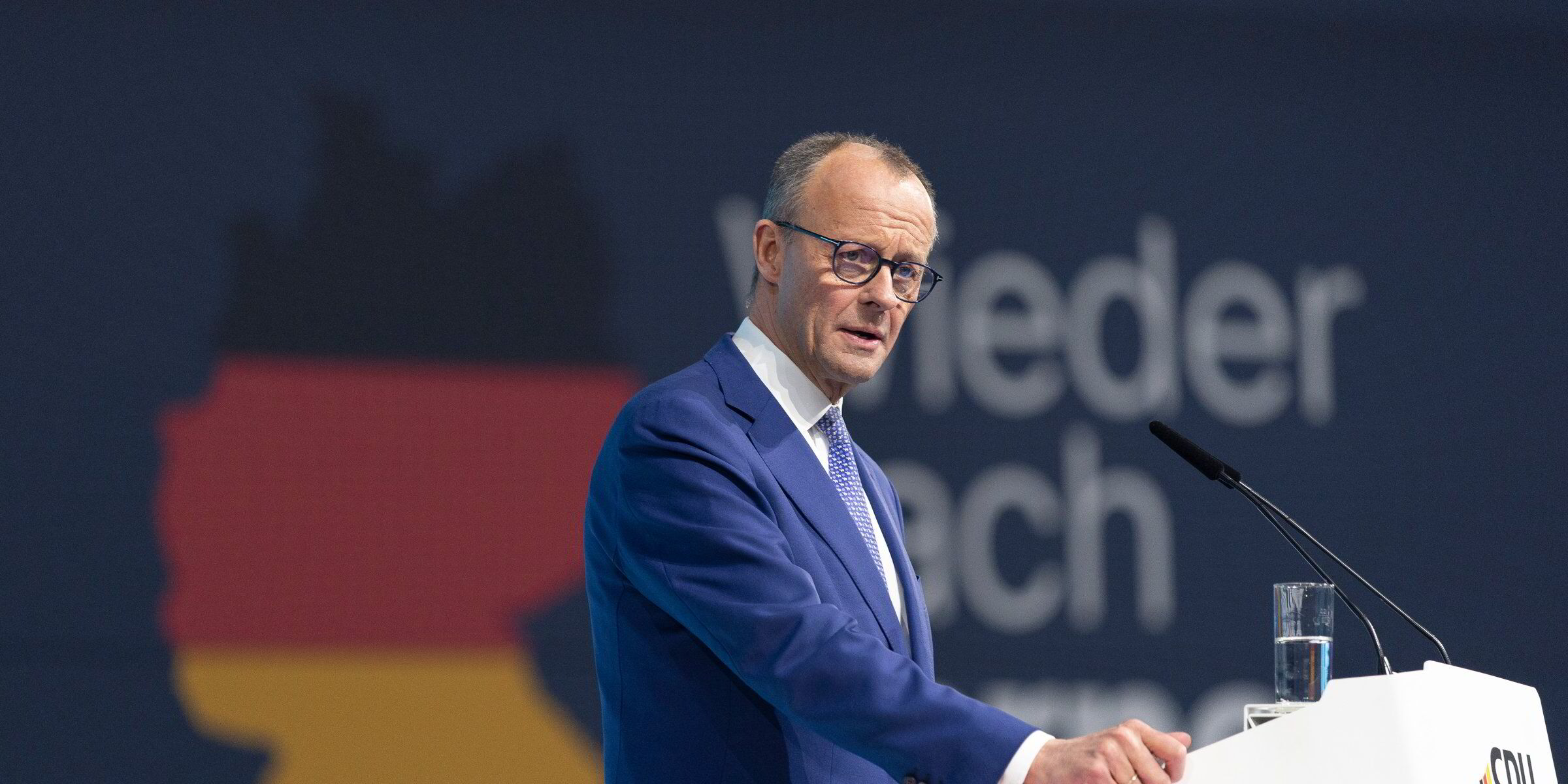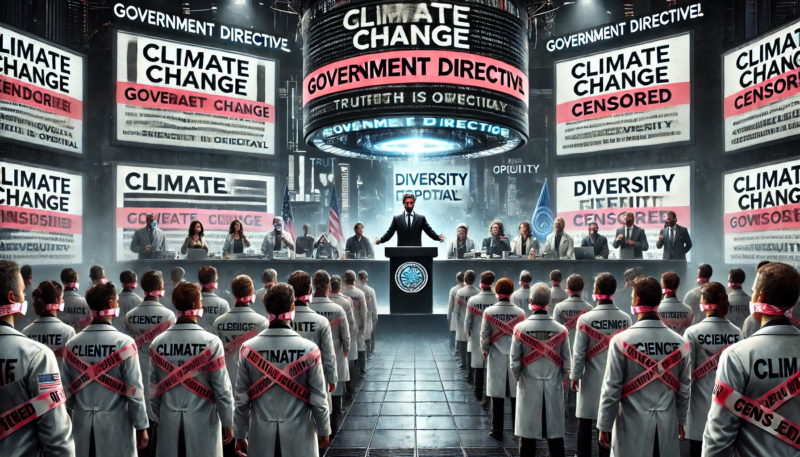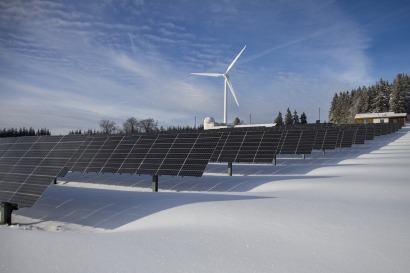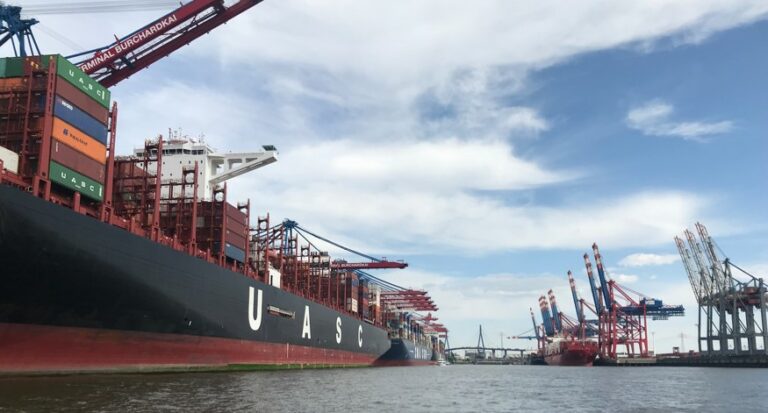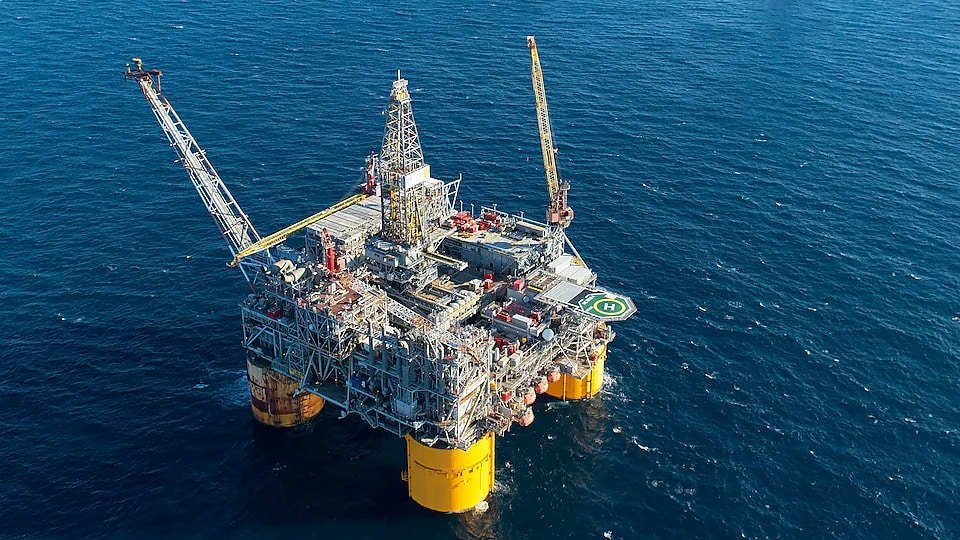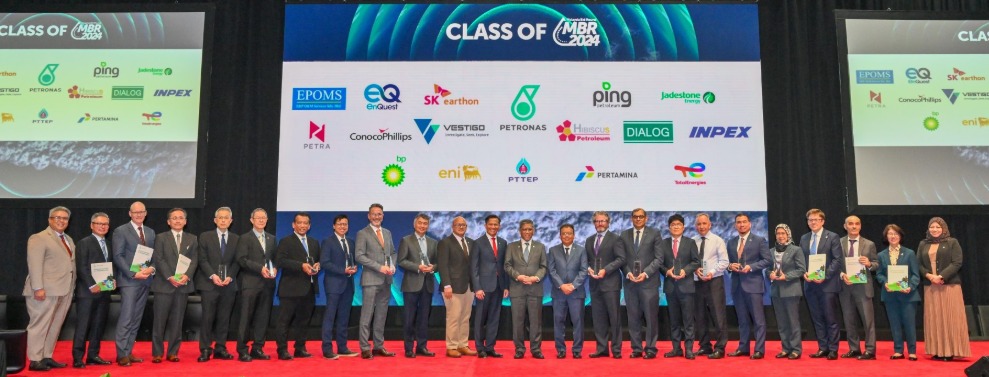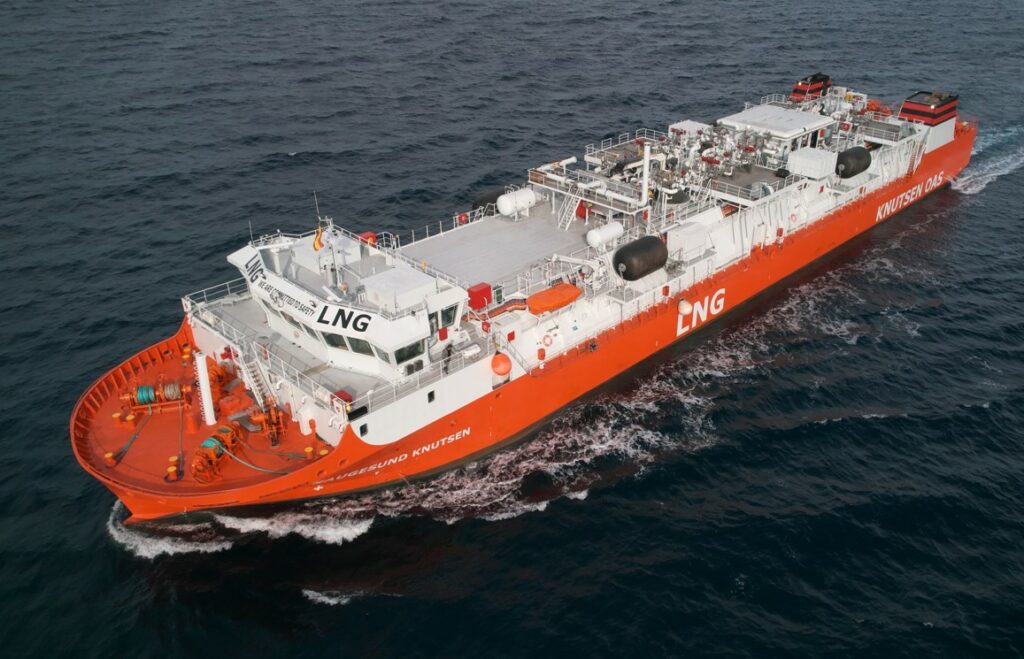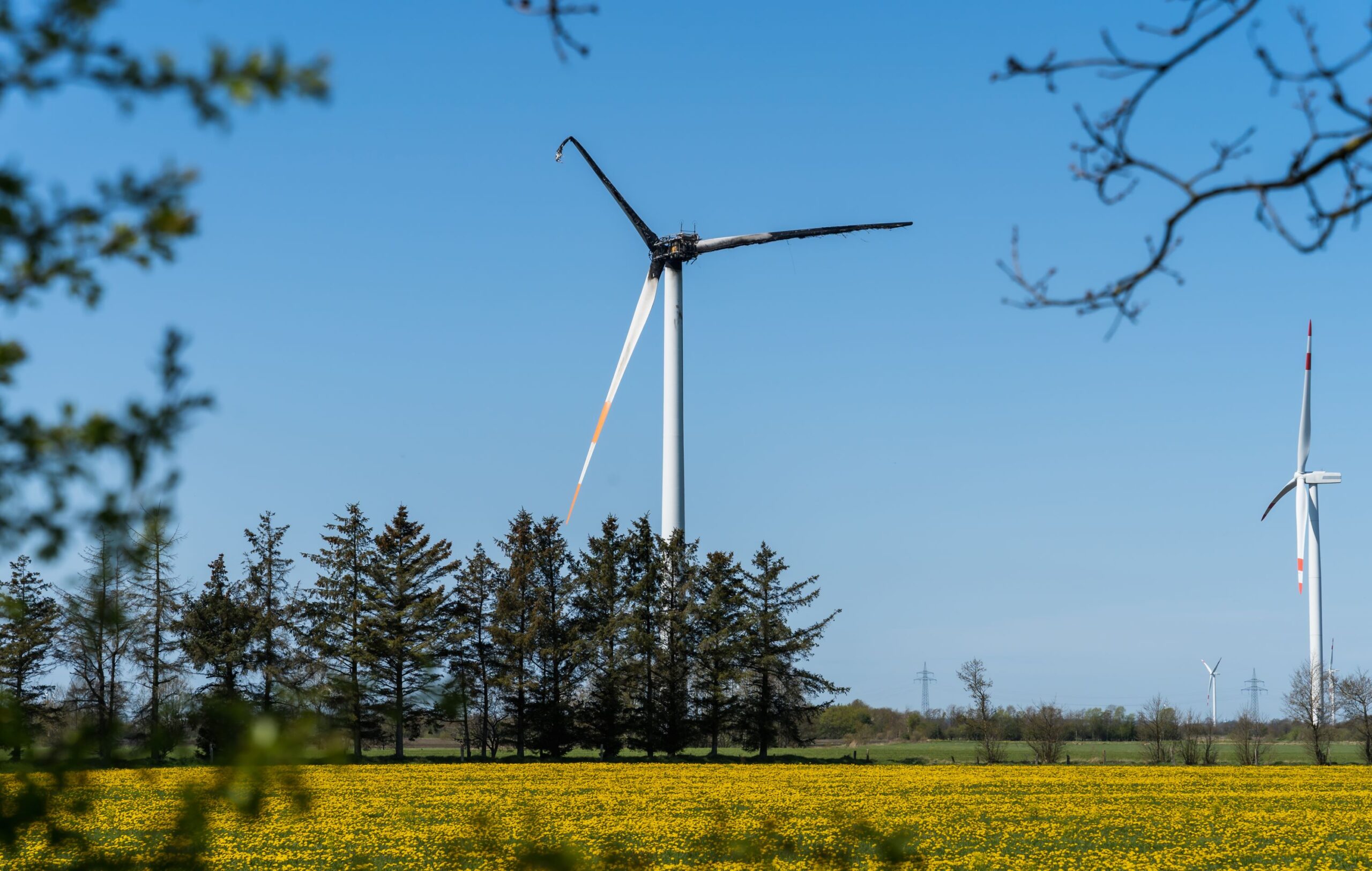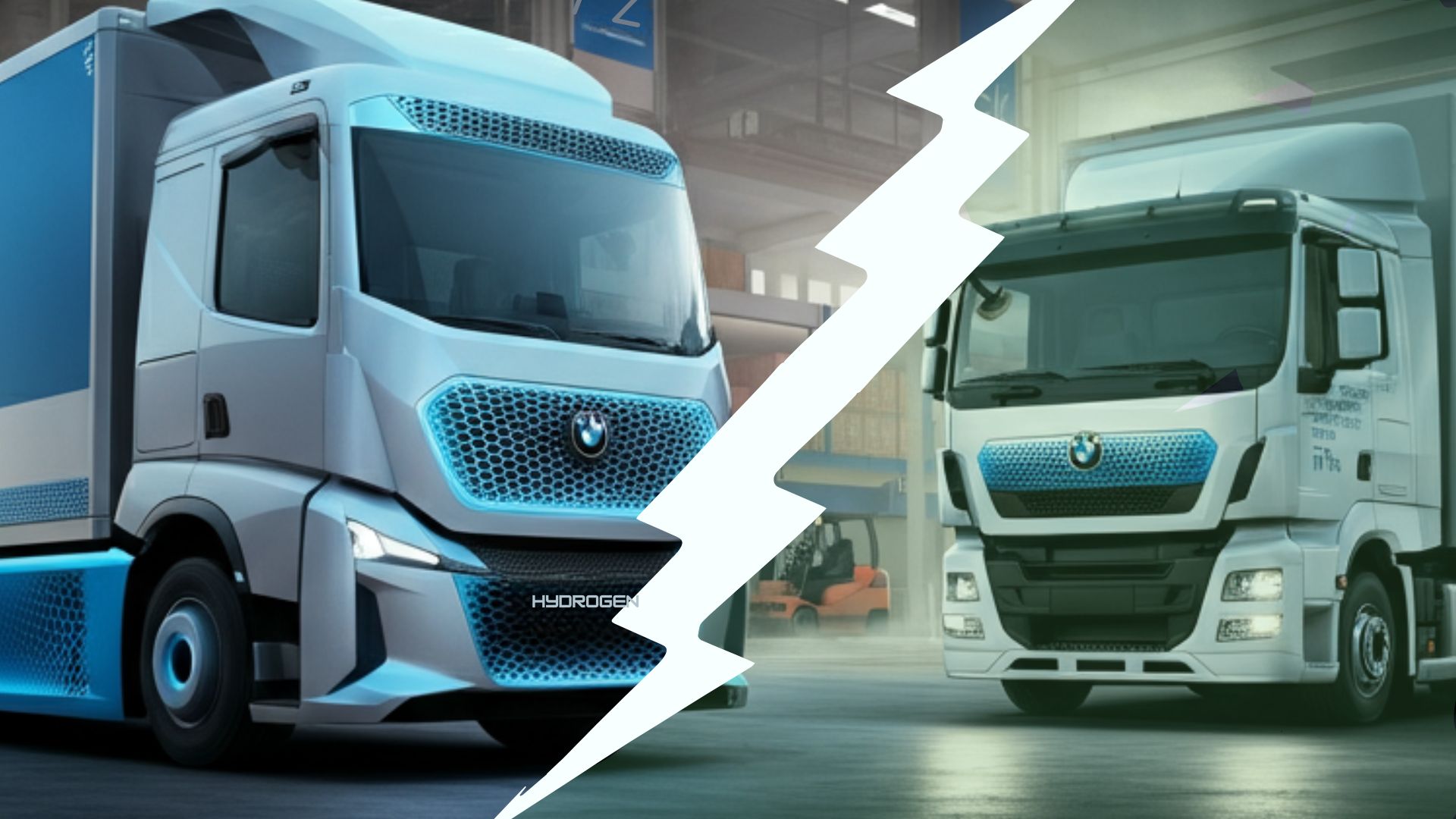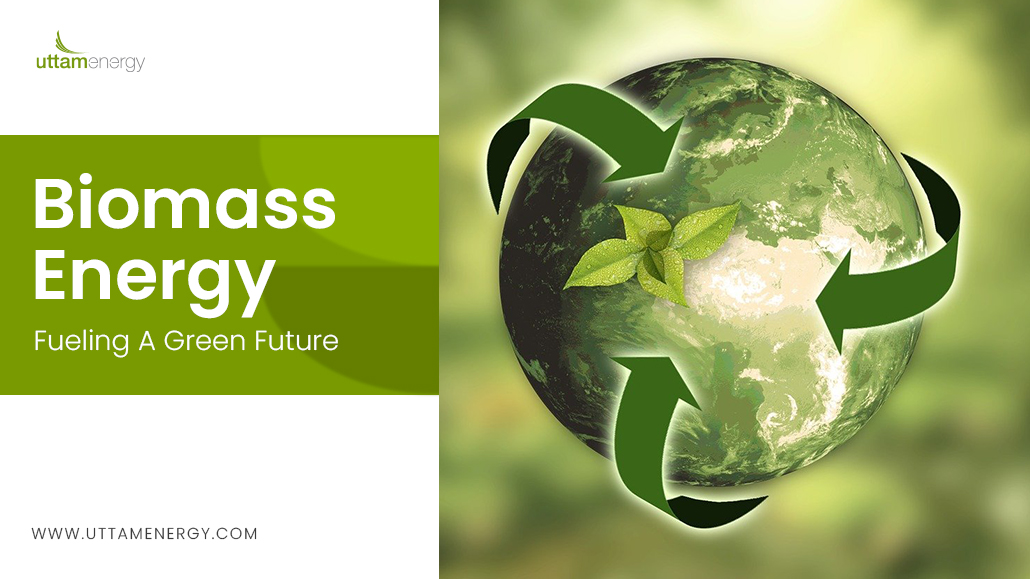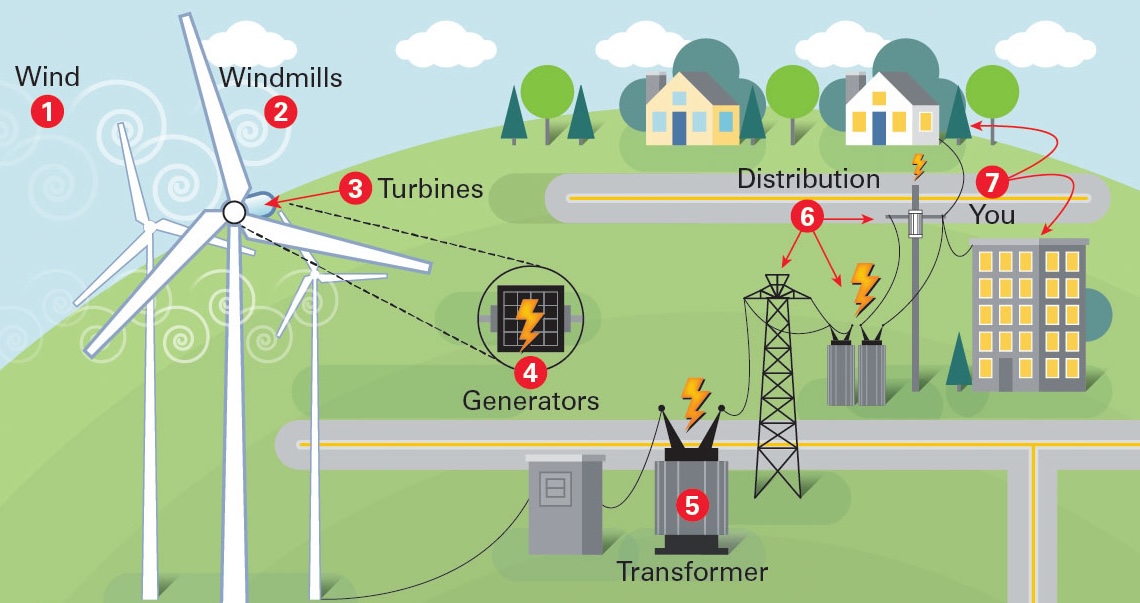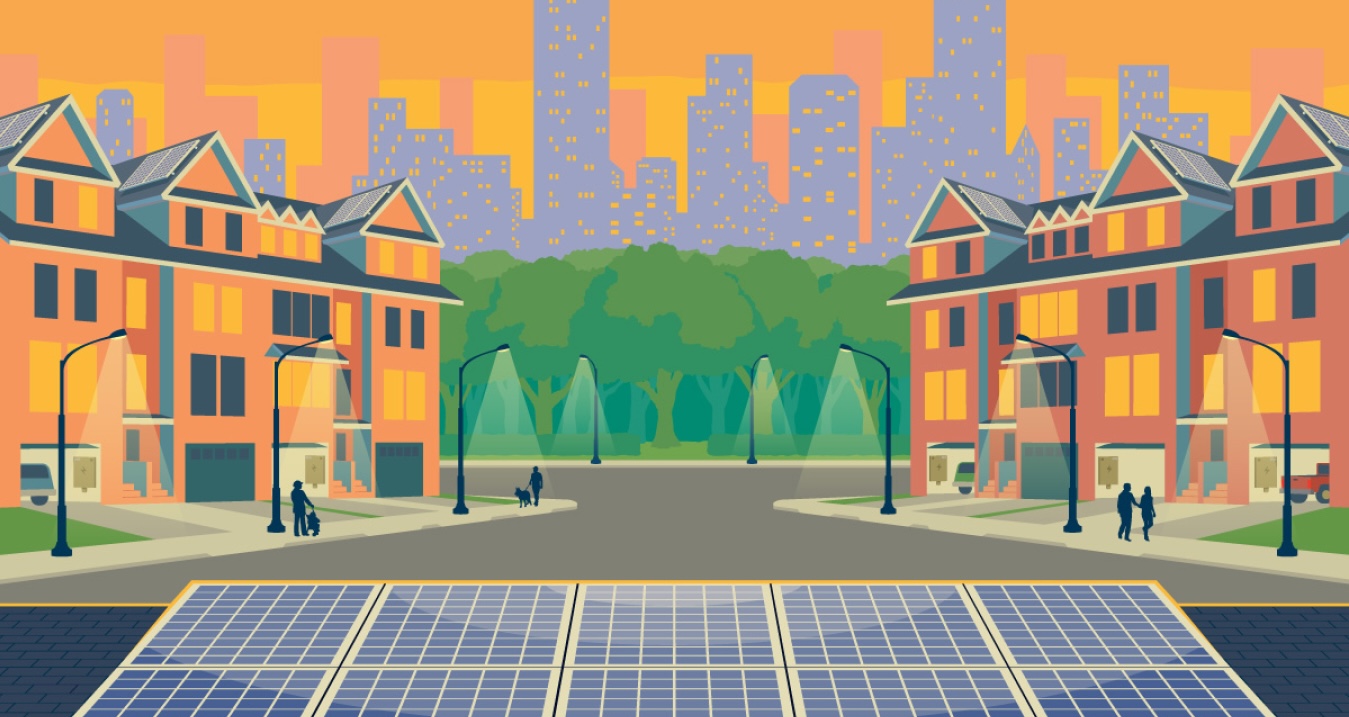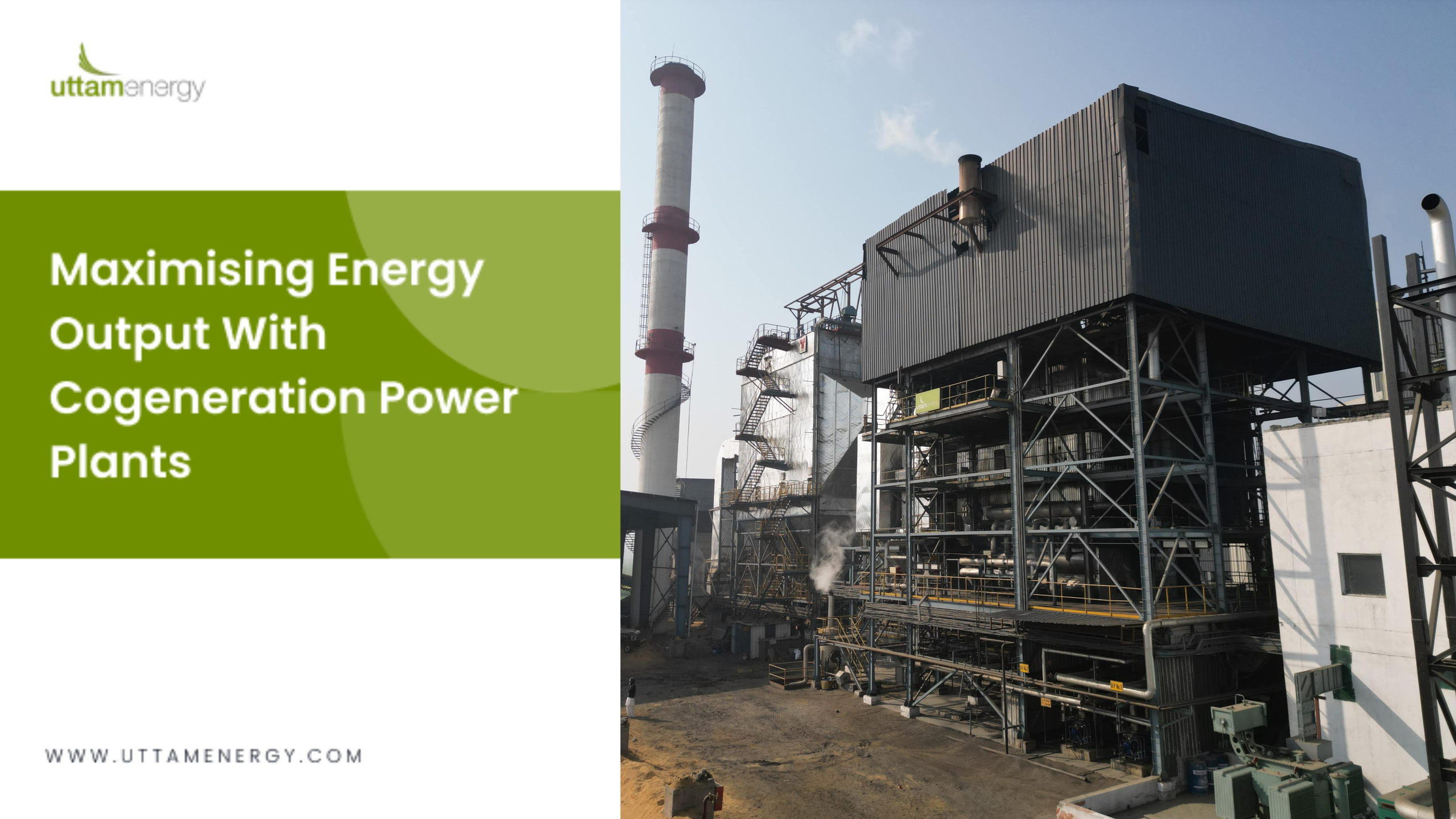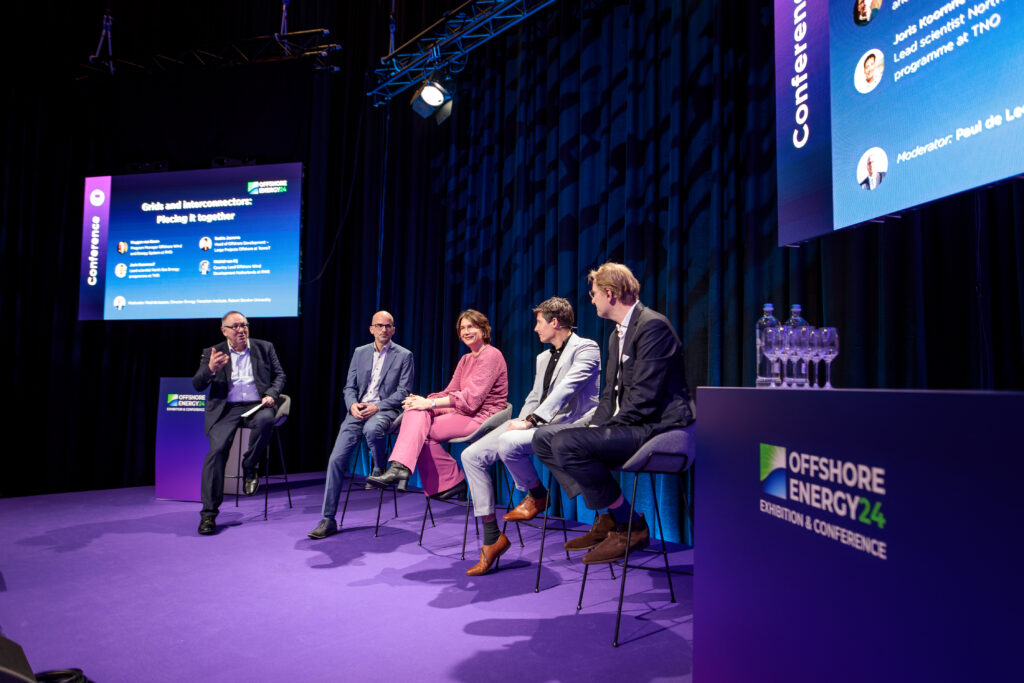Energy leaders convene at IRENA 15A to turbo-charge energy transition in 2025
2025 marks ten years since the adoption of the Paris Agreement. Despite record growth in renewable energy deployment last year, progress falls short of what is needed to tackle climate change and enable sustainable development for all as delegates that attended the 15th IRENA Assembly (IRENA 15A) heard.

Some 1,500 delegates, representing 140 countries from IRENA’s global membership, convened in Abu Dhabi, United Arab Emirates (UAE) for the 15th International Renewable Energy Agency (IRENA) Assembly (IRENA 15A) under the theme “Accelerating the Renewable Energy Transition – The Way Forward”.
This theme was carefully chosen. It reflects and echoes the urgency to shape policies and strategies that prioritize energy security, drive socio-economic development, and mobilize innovative financing solutions to propel the global energy transformation, said IRENA Director-General Francesco La Camera as he welcomed the energy leaders in Abu Dhabi.
Selwin Hart, the Special Adviser to the UN Secretary-General on Climate Action and Just Transition, reminded delegates that the developing world must not be left behind in the energy transitions.
We are all in with supporting the developing world and supporting countries to bridge differences and to ensure that in a divided and complex world, everyone remains focused on ensuring a just and prosperous future for all, Selwin Hart said.
Record capacity buildout is still below the target
Initial estimates for renewable power capacity additions in 2024 suggest a new record, at more than 530 GW.

However, they remain below the annual capacity buildout requirement to reach the installed target additions of 11.2 TW by 2030.
At a time when developing countries need to increase clean energy investments six-fold to meet global climate goals, Brazil’s Minister of Mines and Energy Alexandre Silveira de Oliveira, representing the outgoing G20 and incoming COP30 Presidency, emphasized that national climate plans (NDCs 3.0) must raise ambition.
He also officially handed over the invitation to IRENA to host the Secretariat of the new Global Coalition for Energy Planning. The new Coalition launched by G20 will promote energy planning as a tool to accelerate clean energy investments in developing countries.
2024 was the hottest year on record worldwide. Recent global political and socio-economic crises have emphasized the risks of economies being highly dependent on fossil fuels, and prone to price shocks and volatility.
The outcomes of COP28 and COP29 as well as the upcoming update of national climate plans (NDCs 3.0) are opportunities for the world to course correct and turbo-charge the renewable-based energy transition.
Global investment falling short
Delegates attending the over 15 sessions during the two-day Assembly agreed that accelerating the transition relies on prioritizing actions around key enablers such as modernizing and expanding infrastructure, adapting policies and markets, building institutional and human capacities, and mobilizing investment.
Global investment in renewables and energy efficiency reached US$0.9 trillion in 2023, far below the US$3.8 trillion needed annually until 2030.

Furthermore, renewable deployment remains geographically uneven with 85 percent of installed capacity being concentrated in developed countries and only 1.6 percent in Africa, as IRENA’s World Energy Transitions Outlook shows.
Some 700 million people worldwide still have no access to electricity.
There is widespread availability of financing for renewable energy projects in other parts of the world that are considered ‘bankable’, but this approach continues to hamper renewable energy financing throughout Africa – a challenge that the Accelerated Partnership for Renewables in Africa (APRA) intends to address.
IRENA’s first APRA Investment Forum convened with Kenya saw 25 projects presented, with a combined capacity of 1 GW and project cost of US$2.7 billion.
IRENA’s Energy Transition Accelerator Financing Platform (ETAF) currently collaborates with 14 partner institutions, which pledged over US$4 billion to the initiative.
IRENA’s Energy Transition Accelerator Financing Platform (ETAF) currently collaborates with 14 partner institutions, which pledged over US$4 billion to the initiative.
Assisting Small Island Developing States
Recurring and intensifying climate-related disasters continue to disproportionately impact particularly Small Island Developing States (SIDS) with annual adaptation costs soaring to US$26 billion, approximately 5 percent of their collective GDP.
The continued reliance on expensive imported fuel and food compounds these issues, placing further strain on their economies.
Since 2014, IRENA, through its SIDS Lighthouse Initiative amongst others, has been working with 40 SIDS, facilitating 331 technical assistance activities, including data collection, roadmap development, capacity building, and project facilitation.
For the private sector, clear targets and policies to deploy renewable power capacity must be complemented by broader commitments to the expansion and upgrading of transmission and distribution systems to accommodate a growing share of renewables in national energy balances.
IRENA 15A dialogues with private sector representatives such as the Public-Private-Dialogue by the Coalition for Action and Utilities for Net Zero Alliance (UNEZA) aim to support regulatory reform and the upgrading and expansion of infrastructure to attract private sector partners, as this remains a major bottleneck today.
Another significant barrier to renewable power capacity deployment faced by the private sector is the slow pace of permitting.
Record participation at IRENA Youth Forum
A record of 111 youth delegates attended the sixth IRENA Youth Forum which provided a platform for delegates to engage in intergenerational dialogue with youth, amplifying youth voices in global energy policy and supporting youth-led innovations.
Delegates concluded that there can be no solution to the climate crisis without consensus.
They send a strong call that the world must strengthen and intensify their cooperation to accelerate the transition and ensure it develops in a just and equitable way that avoids leaving behind those most in need around the globe.
What's Your Reaction?







